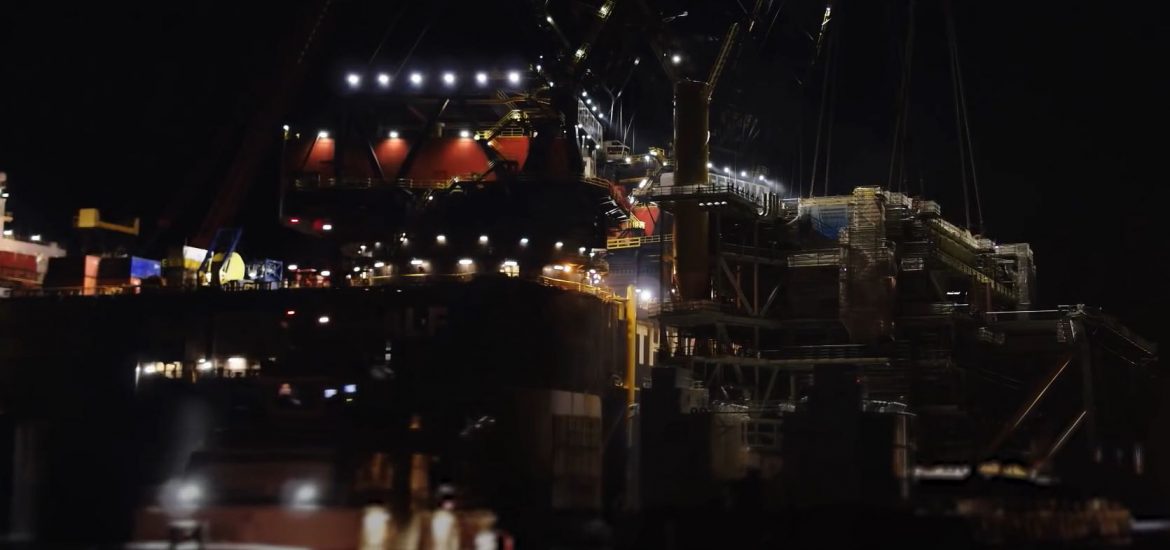
A Norwegian exploration well at Echino South in the North Sea is estimated to hold recoverable resources of between 38 million and 100 million barrels of oil equivalent.
“We are making one of this year’s biggest discoveries in the most mature area of the Norwegian continental shelf (NCS), not far from the Troll field,” said Nick Ashton, exploration chief at Norway’s oil and gas giant Equinor. “This demonstrates the opportunities that still exist for value creation and revenue from this industry.”
Equinor, which changed its name from Statoil in May 2018 to demonstrate its move away from fossil fuels, holds a 45-per-cent stake of the licence. ExxonMobil Norway has 25 per cent and Japan’s Idemitsu Petroleum and Neptune Energy both have 15 per cent each.
The field’s reserves are expected to be brought ashore through existing platforms and pipelines.
“After more than 50 years of geological surveys on the Norwegian continental shelf, we are still learning something new and finding hydrocarbons where we previously thought there were none,” Ashton said in a statement.
“By utilising existing infrastructure, these resources may be recovered at good profitability and with low carbon dioxide intensity.”
Environmental challenge
Greenpeace, Friends of the Earth and other environmental organisations are taking Norway’s government to the country’s main appeals court over the award of 10 new exploration licences in the Norwegian Arctic, despite a public commitment to tackle the climate crisis.
Greenpeace Nordic and the Norwegian Nature and Youth group say the licences violate human rights to a safe and healthy environment.
A Norwegian constitutional law, known as article 112, calls on the authorities to safeguard the environment. They also claim the new licences violate the 2015 Paris climate deal.
Norwegian carbon emissions are forecast to rise by 16 per cent this year from 2018. Oil firms have drilled 130 oil and gas wells so far this year.
Campaigners say Norway’s total exported greenhouse gas emissions are 10 times higher than the domestic emissions from its production.
Frode Pleym, Greenpeace’s chief in Norway, said: “The Norwegian government can no longer ignore the dangerous impact its exported oil is having on the climate. Climate change knows no borders. Oil is oil, no matter where it is burned, and the government needs to cancel all drilling for new oil in the Arctic. Not acting now violates the Paris agreement and Norway’s own constitution. That is why we are back in court.”
Gaute Eiterjord of Nature and Youth said Oslo was burying “its head in the sand”.
“It is the government’s obligation to safeguard a safe and healthy environment. The young generation, in Norway and all over the world, is worried about the prospect of an unsafe future,” the activist said.
The bulk of Norway’s export income comes from fossil fuels. Picture credit: YouTube





